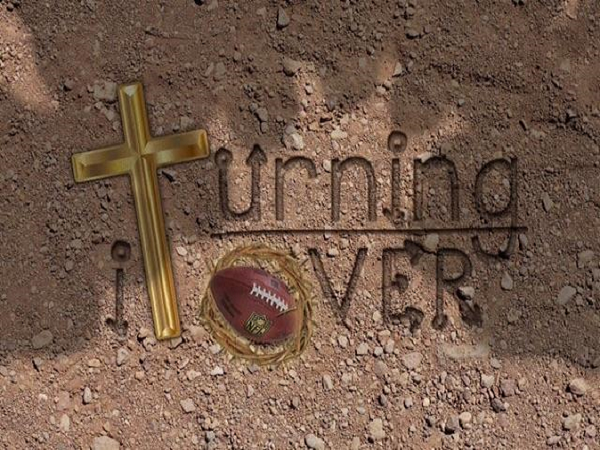With news that Major League Baseball is giving streaming rights to each of the individual 30 franchises, which is a full topic within itself when analyzing how baseball differs from the National Football League in local versus national contracts and distribution, it came to mind what it takes to produce a movie or television series. The process in sports with producing content for television whether on a linear or streaming platform is different from a movie or television show. With sports, the intellectual property (IP), copyrights and trademarks, are well accepted as owned by the team or league and distributors distribute that content after paying a licensing fee or purchasing the rights for a specified term from the team or league. Production is in the form of what talent (e.g., commentators) will present the content and where it will be broadcasted (e.g., platform(s)).
In the film and television industry, the process is similar in the sense that the below points are still tackled by the property rights holders and interested partners (licensing or otherwise), but the difference is that sports content creates itself by being played. Meaning, athletes, teams, and leagues create the content by playing the sport, which is almost exclusively done live (think of sports as the improv of entertainment). In contrast, in the film and television industry a script (film) or pilot (television series) has to be created or adapted from a book or some other format (i.e., original or derivative works).
Producing entertainment and sports content can be complicated and difficult, the steps below lay out what is the general format of a properly structured production process for a film or television series.
Corporate Formation
The first step is setting up the Limited Liability Company (LLC), the preferred structure in entertainment because it gives the member(s) of the entity the tax benefits of a corporation, but without the corporate requirements of stock options, board meetings, and SEC filings and liabilities. The LLC is also fairly easy to set up and should be considering the fickleness of movie and television series-making when it comes to an idea becoming a successful money-making and award-winning expression.
Clearing the IP
Where something is being created, borrowed, or adapted, it needs to be cleared for use. Meaning, anytime something is written, the person or entity using it, unless creating an original idea without connection to something else, needs to clear its history for ownership and use. Has it been used, sold, licensed, etc.? Of course, nearly every idea is connected to something so making sure there is a clear line for using it properly and paying the proper licensing fee(s) is important. A legitimate studio will not consider teaming up on a project without proper clearances and they will most certainly run their own IP clearance process.
Creating the IP
There is a difference between an idea and an expression. An idea is generally not protected by copyright, where an expression can be. As an example, think of an inverted pyramid with the top and narrowest area pointed towards the ground and the widest part (the base) closest to the sky. At the bottom, there is an idea, which is simple and common (a man and woman fall in love), but ideas are not protected by copyright law without something more or a contract. As you move upwards towards the sky into the wider part of the pyramid adding more information, details, and a story, the idea becomes an expression. Expressions can be copyrightable and protected. Therefore, there is an incentive to create the IP (an expression) as opposed to shopping an idea that is generally unprotected. On the other hand, creating very specific IP may also limit protection to the script or pilot created.
Protecting the IP
Copyright is established once it is fixed in a tangible medium of expression (think writing your expression in a script or as a book). While filing for federal copyright protection has its legal (litigation) benefits, it is not required for establishing a copyright; filing is really more important for protecting a copyright, which of course is also important and something any studio, distributor, or streamer would want secured before entering into a production or distribution agreement for a film or television series.
Protection is done through copyright creation, protection (filing), contracts, and non-disclosure agreements (NDA). Another avenue of protection is through registering a script or pilot with a local or national union.
Shopping the IP
Once the corporate structure is established and the IP is cleared, created, and protected, it is time to shop (e.g., sell) the product for production and distribution. (Festivals can be a great driver of shopping and awards-recognition; like theatrical runs can rule the day for the Academy Awards). Without the previous steps, a project will not get to this stage and if it does, legal issues will most definitely follow and recovery for infringement will be difficult without copyright protection, a contract, or recovery based on an equitable remedy, quantum meruit, or reliance.
Shopping is where the three “R’s” of business apply: referrals, relationships, and reputation. With all three, one is much more likely to find a buyer for what they are selling, and for the creatives, a great story or personality will of course help and could be the driving force! The human factor cannot be forgotten.
Contracts and Money
Where the rubber meets the road, or the expression meets the paper or camera. Think, employment and management contracts with business, legal, and talent, with union issues and directives where applicable. Revenues and splits. Accounting and audits. Terms and conditions. Work-for-hire, ownership, and much more. These contracts and the money negotiations and agreements to follow could happen earlier or later on in the process, especially if talent is attached to a script (actor, director, or producer) through packaging or as individuals. This is where the talent team, the studio, and proper advice will help drive the production process in the right direction.
Although the above is not an extensive or exhaustive list on film and television production, nor should it be considered legal advice, possibly it could be a start to getting your content produced. The article also demonstrates the differences between sports and entertainment content production.

























